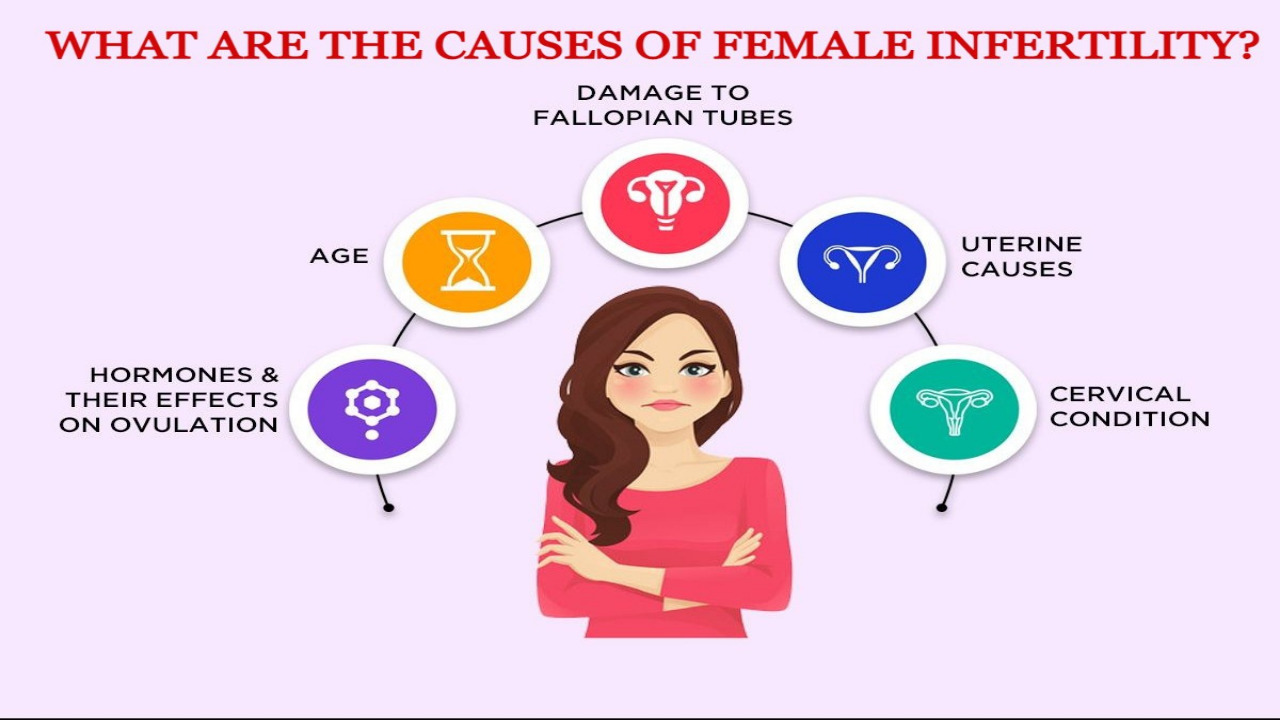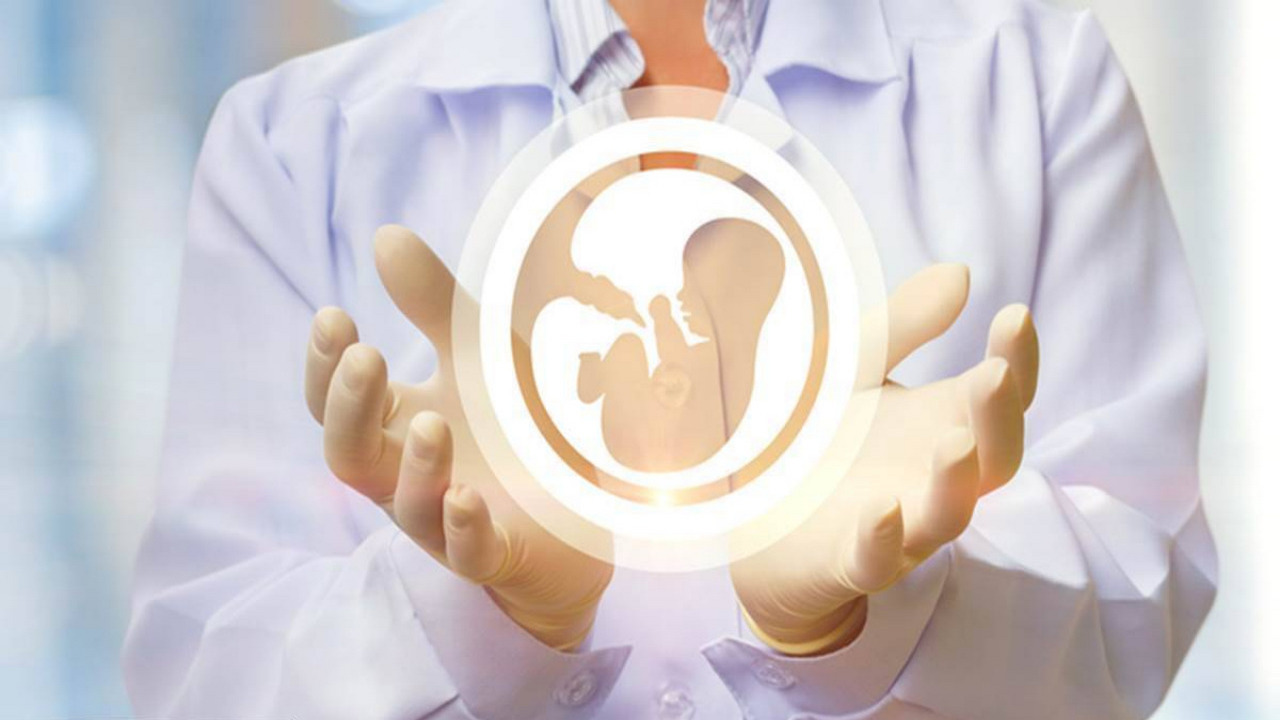What Is Female Infertility?
Female infertility is the inability of a woman to conceive a child after at least one year of regular, unprotected sexual intercourse. Infertility can be caused by a variety of factors, including problems with ovulation, hormonal imbalances, structural abnormalities in the reproductive system, and autoimmune disorders. There are several different types of female infertility:
- Primary infertility: This occurs when a woman has never been able to conceive a child.
- Secondary infertility: This occurs when a woman who has previously been able to conceive is now unable to do so.
- Unexplained infertility: This occurs when there is no clear underlying cause of infertility, despite testing and evaluation.
Infertility can be a difficult and emotional issue for couples trying to conceive. It’s important to seek out medical evaluation and treatment if you’re experiencing difficulty getting pregnant, as there may be underlying factors that can be addressed. Besides. if you want to improve your fertility with the help of supplements, check this link.
Possible Causes of Female Infertility

- Ovulation problems: Irregular or absent ovulation can make it difficult to conceive. This can be caused by hormonal imbalances, polycystic ovary syndrome (PCOS), thyroid problems, or premature ovarian failure.
- Age-related infertility: As women age, their fertility decreases. This is because the number and quality of their eggs decline over time.
- Blocked fallopian tubes: Fallopian tube blockages can prevent the egg from being fertilized or the fertilized egg from reaching the uterus.
- Endometriosis: This condition occurs when the tissue that lines the uterus grows outside of it, which can cause scarring and damage to the reproductive organs.
- Uterine problems: Uterine abnormalities, such as fibroids or polyps, can interfere with implantation or cause miscarriage.
- Pelvic inflammatory disease (PID): This is an infection of the reproductive organs that can cause scarring and damage to the fallopian tubes.
- Autoimmune disorders: Certain autoimmune disorders, such as antiphospholipid syndrome or lupus, can interfere with fertility.
- Cancer treatments: Radiation and chemotherapy can damage the ovaries and reduce fertility.
- Lifestyle factors: Factors such as smoking, alcohol consumption, and obesity can affect fertility by disrupting hormonal balance and causing ovulation problems.
It’s important to note that in many cases, female infertility may be caused by a combination of these factors. If you’re having difficulty getting pregnant, it’s important to speak with a healthcare provider to determine the underlying cause and explore treatment options.
Tips to Reduce the Chances of Infertility

There are several steps you can take to reduce the chances of infertility. Here are a few tips:
Maintain a healthy weight: Being underweight or overweight can affect your hormones and disrupt your menstrual cycle, which can lead to infertility. Maintaining a healthy weight can help keep your hormones in balance and reduce your risk of infertility.
Avoid smoking and alcohol: Smoking and excessive alcohol consumption can reduce fertility in both men and women. Women who smoke are more likely to experience infertility, miscarriage, and premature birth, while men who smoke may have lower sperm counts and motility.
Exercise regularly: Regular exercise can help regulate your hormones and improve your overall health, which can reduce your risk of infertility.
Eat a healthy diet: A healthy diet can help improve your fertility by providing your body with the nutrients it needs to function properly. Make sure you’re eating plenty of fruits, vegetables, whole grains, and lean protein.
Manage stress: Chronic stress can disrupt your hormones and interfere with ovulation, which can lead to infertility. Find ways to manage stress, such as exercise, meditation, or therapy.
Practice safe sex: Sexually transmitted infections (STIs) can cause infertility, so it’s important to practice safe sex to reduce your risk of infection.
Get regular check-ups: Regular check-ups with your healthcare provider can help identify any health issues that may be affecting your fertility, such as thyroid problems or polycystic ovary syndrome (PCOS).
By following these tips, you can help reduce your risk of infertility and increase your chances of conceiving.
